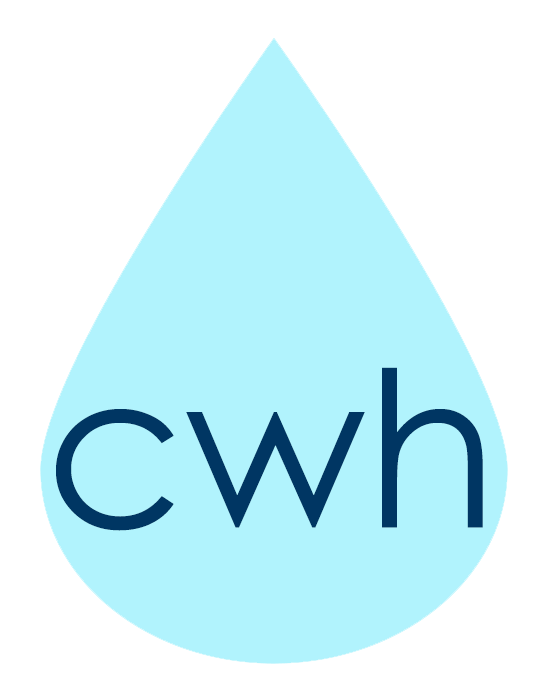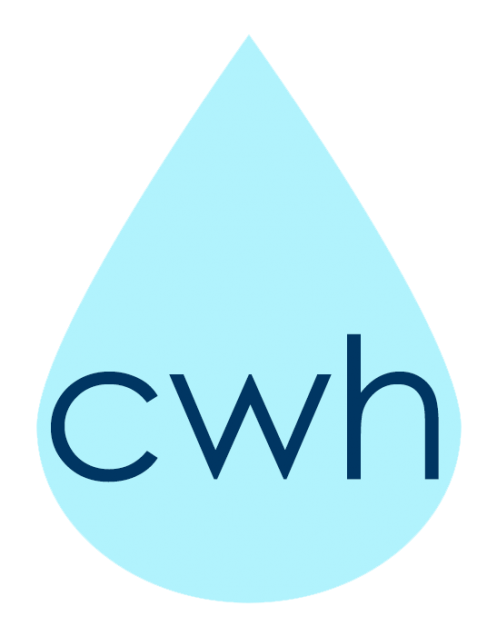Hurricane Matthew – How To Help
Reports have started coming in from all around Haiti to the expat/missionary network that we’re a part of. The damage in the south is BAD. There are no other words for it. Last night as it got dark and I had to run out and turn off the generator, I waded through 2 inch deep water running down our driveway. The rain kept coming and I was sure that we were going to wake up to reports of flooding in Gonaives, a city about 45 minutes north of us that has flooded badly, twice, in the past 12 years. Thankfully all the canals held and the city is just fine.

As we’ve waited to hear news of the areas that would need the most help, Chris and I have been able to talk a bit about how Clean Water for Haiti can best be involved in the coming weeks and months.
Here’s the bottom line – we’re a development organization. And as much as we want to jump in and help with relief efforts, we know from experience that that isn’t our strong suit. Where we shine as an organization is in the long term. When everyone else pulls out and is done with the immediate needs, we follow behind and help families move to that next level, to being independent and caring for their own needs.
We know that one of the major needs after a natural disaster of this nature is clean water. But, aside from the fact that roads and bridges are out, we just aren’t the people to provide that in the south of Haiti. Our filters need to be installed in established households and we need to be able to provide multiple follow up visits through the first year. We can’t get to where the greatest need is right now, and it’s not the right time even if we could.
So, how can Clean Water for Haiti be involved right now?
By continuing to do what we do well.
It’s a fact that after a natural disaster of this kind there are spikes in water borne disease. Sanitation facilities, if they exist, are destroyed. Flooding can spread things like Cholera from one water source to many others. People who have been displaced may be carriers, so they carry the disease from one location to another. This is going to be a reality in the coming weeks and months here in Haiti. Many have already started talking about the issue as reality.
This is where we come in.
By continuing to work with our network of Community Promoters in the places where we already have an established presence, we’re going to be able to further strengthen communities. Rather than responding to a Cholera spike, we’re already working to help prevent a further spread. Families who already have filters in times like these become first responders to their friends and neighbours, which is a beautiful thing. It’s Haitians being strong and helping themselves, which is what we’re all about.
Now, this is where YOU come in.
There will be a huge need for relief support for Haiti in the coming weeks, but if you would rather think long term with us and support lasting investment in Haiti we would love it if you would choose to support the work of Clean Water for Haiti. $100 will provide the funding needed to build, deliver, install and follow up on a filter for a Haitian family. We are also desperately in need of a new truck to help meet the demand for filters.
If you are interested in supporting some kind of specific relief work we would encourage you to be very intentional about which organization(s) you support. Much was learned after the earthquake here, and I’m sure we can all think of articles we’ve read or things we’ve seen or heard on the news about aid done poorly in Haiti. When you consider who to support, please give to smaller, grass roots organizations that have people here on the ground full time. These organizations are already established, they have relationships within the communities they serve, they have an understanding of the culture that will allow them to be more effective, often their overhead is lower, and they will know how to work more effectively with the communities they want to serve.
As you consider giving, I would also ask you to give much needed funding rather than collecting items for Haiti unless you have been given a specific needs list. Funding allows organizations on the ground to buy from local merchants, whether it’s a family selling shoes and clothing in the market, or local grocery stores and warehouses when buying food and materials to rebuild. Buying local does double duty – it meets a specific need, but also puts income back in the hands of the families that so desperately need it right now. When we want to help rebuild, we should want to do that in a way that truly loves people, even if it leaves us feeling a little less involved.
Lastly, while I know there is a huge desire to come and be “hands and feet” let’s remember that Haiti has over 10 million people on this tiny island. Let’s love people well by letting them have the opportunity to be employed by these local organizations as the cleaning and rebuilding happens. Let’s let men and women know the dignity of providing for their families and building into their communities. Let’s honor the skills that so many have and let them lead in the construction realm as this all unfolds. If you want to be “hands and feet” ask the organizations that are here on the ground how you can best do that, then do it, and do it with all your heart.
One of the beautiful things that has already come out of this disaster is that organizations and their staff all over Haiti are sharing one voice as we ask people to be deliberate, intentional, and thoughtful as they help. Let’s work together to come alongside the people of Haiti as we help them rebuild, and do it in a way that empowers them.
Thank you for your continued prayers in the past few days. Please continue to pray for the people of Haiti as they once again rise and show the world how strong they are.
~Leslie



